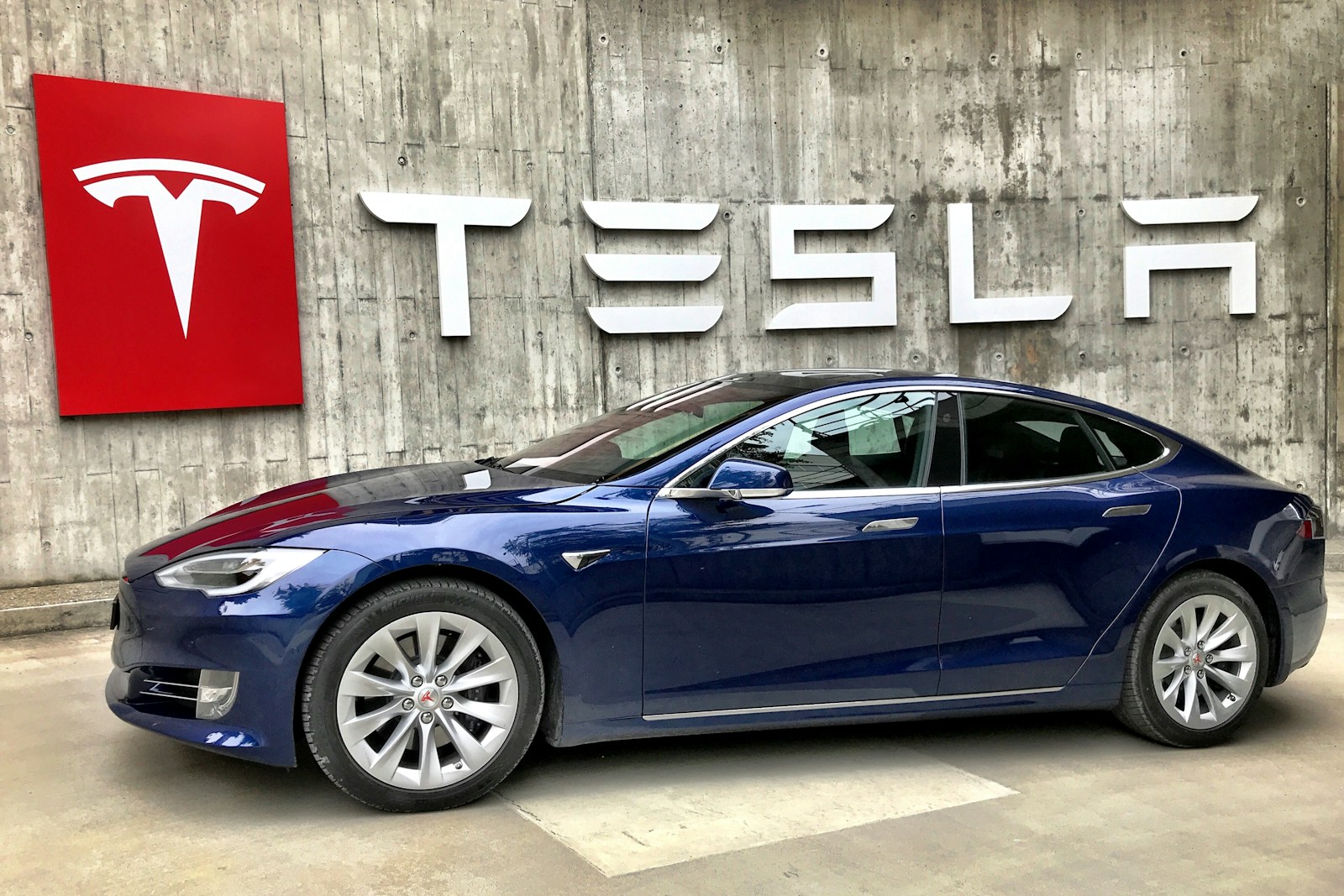On January 29, 1886, Karl Benz patented the first automobile powered by a gasoline engine, marking a pivotal moment in transportation history. This invention not only revolutionized how people traveled but also laid the groundwork for the automotive industry as we know it today. Fast forward to the 21st century, California stands at the forefront of a new automotive revolution, transitioning from gas-powered vehicles to electric ones. This article explores the historical significance of Benz’s invention and how California’s proactive policies are shaping the future of transportation.

The Birth of the Automobile
Karl Benz’s Patent-Motorwagen was a groundbreaking invention that changed the course of history. It was the first vehicle designed specifically to be powered by an internal combustion engine. The Motorwagen featured several innovative components, including an electric ignition system and a water-cooling system, which were revolutionary for its time. Benz’s relentless pursuit of engineering excellence and his entrepreneurial spirit led to the establishment of the automotive industry, which has since evolved into a global powerhouse.
Benz’s invention was not without challenges. In the late 19th century, the concept of a motorized vehicle was met with skepticism. Many people were accustomed to horse-drawn carriages and viewed automobiles as a passing fad. However, Benz’s determination and the eventual success of his vehicle proved the naysayers wrong. The Motorwagen’s performance and reliability paved the way for the mass production of automobiles, leading to the establishment of companies that would dominate the industry for decades.
California’s Role in Automotive History
California has long been a significant player in the automotive industry. The state is home to major automotive manufacturers and has been a testing ground for innovative technologies. The California Air Resources Board (CARB) has been instrumental in shaping vehicle emissions standards and promoting cleaner technologies. In 2022, California announced its ambitious plan to ban the sale of new gas-powered vehicles by 2035, a move that reflects the state’s commitment to reducing greenhouse gas emissions and combating climate change.
The state’s proactive approach to environmental regulations has made it a leader in the electric vehicle (EV) market. California accounts for a significant portion of the nation’s electric vehicle sales, with over two million zero-emission vehicles already on the road. The state’s policies encourage automakers to invest in electric vehicle technology, leading to a diverse range of EV models available to consumers.
The Transition to Electric Vehicles
The transition from gasoline-powered vehicles to electric ones is not just a trend; it is a necessary shift to address the pressing issues of air pollution and climate change. The transportation sector is one of the largest contributors to greenhouse gas emissions, and California’s regulations aim to mitigate this impact. By requiring that all new car sales be zero-emission by 2035, California is setting a precedent for other states and countries to follow.
The Advanced Clean Cars II (ACC II) regulation, adopted in 2022, outlines a clear roadmap for the transition. Starting in 2026, 35% of new cars sold in California must be zero-emission, increasing to 68% by 2030, and reaching 100% by 2035. This ambitious plan not only aims to reduce emissions but also to create jobs and stimulate economic growth in the clean energy sector.
The Legacy of Karl Benz in Today’s Context
Karl Benz’s legacy is evident in the modern automotive landscape. His pioneering spirit and innovative mindset laid the foundation for the automotive industry, and today, that spirit continues to drive advancements in electric vehicle technology. The shift towards electric vehicles is a natural progression from Benz’s original vision of a motorized vehicle, now enhanced by cutting-edge technology and a focus on sustainability.
As California leads the charge towards a cleaner future, it is essential to recognize the historical significance of Benz’s invention. The transition to electric vehicles is not just about replacing gas-powered cars; it is about reimagining transportation for a sustainable future. The innovations that began with Benz’s Patent-Motorwagen have evolved into a movement that prioritizes environmental responsibility and technological advancement.
Conclusion
Reflecting on the birth of the automobile and its evolution, it is clear that California’s early adoption of automotive technology has paved the way for today’s electric vehicle revolution. As we move forward, the legacy of Karl Benz serves as a reminder of the importance of innovation and the potential for change in the automotive industry. With California at the forefront of this transition, the future of transportation looks promising, driven by a commitment to sustainability and a cleaner environment.
Leave a Reply